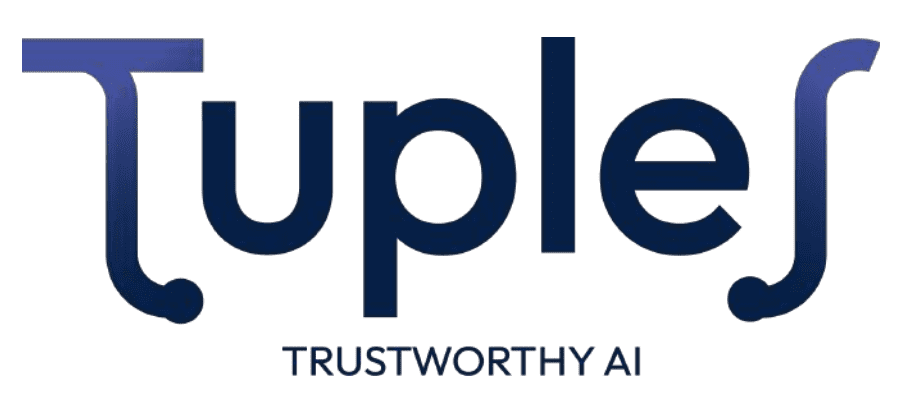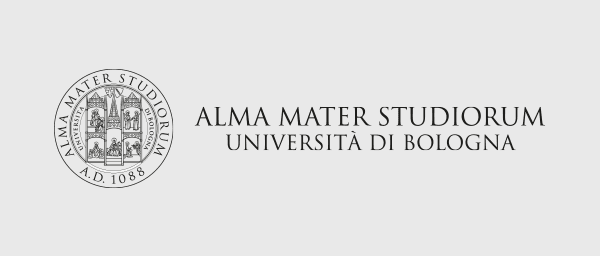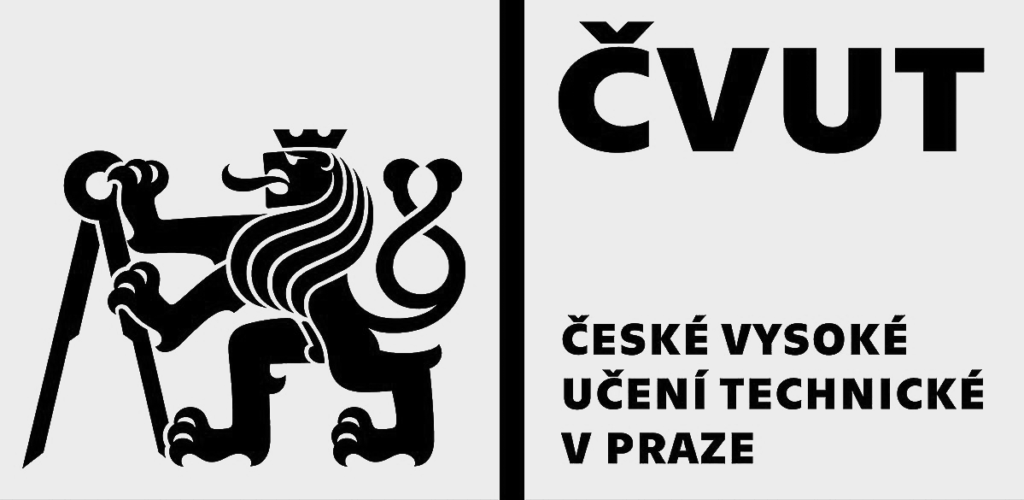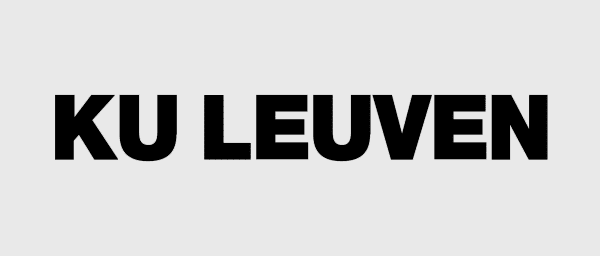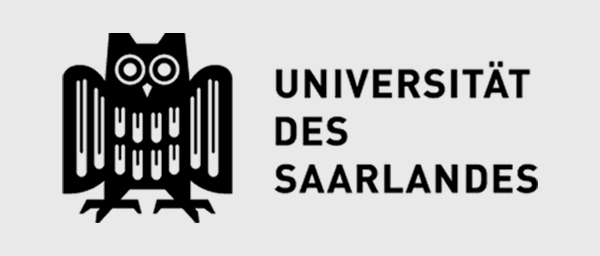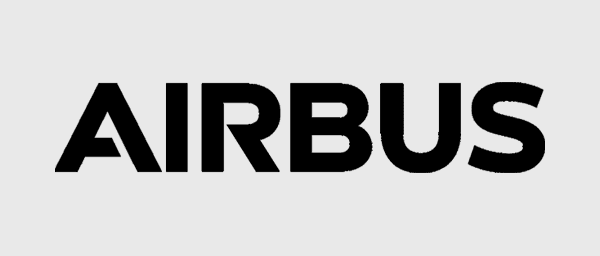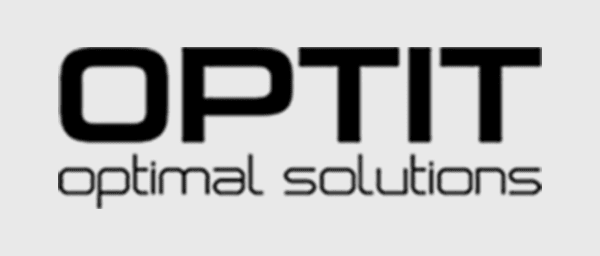Consortium
World-leading researchers in Planning & Scheduling, machine learning, constrained optimisation, hybrid approaches, legal and ethical aspects of AI, philosophy, human factors and organisational psychology, as well as industry experts of their applications
Aniti
ANITI, Artificial and Natural Intelligence Toulouse Institute, is the interdisciplinary artificial intelligence institute of Toulouse. Held by the University of Toulouse, is based on 3 main pillars: scientific research, training and contribution to economic development.
ANITI aims to develop a new generation of hybrid artificial intelligence integrating data driven learning techniques and symbolic or mathematical models that permit us to express constraints and to carry out logical reasoning. ANITI also has ambitious aims with regard to education and industrial development.
The Institute has targeted two main application sectors:
- intelligent mobility and transport
- robotics/cobotics for the industry of the future.
ANITI aims to promote exchanges between industrialists who address their problems to scientists and academics in order to develop new markets and new technological applications.
The Institute’s scientific project is articulated around three major research programs: Acceptable AI, Certifiable AI and Collaborative AI.
The objective of these programs is to provide better guarantees in terms of reliability, robustness and ability to explain and interpret the results of systems integrating artificial intelligence algorithms, while ensuring their social acceptability and economic viability. Such guarantees are required by many applications such as autonomous transport, industry of the future, health, environment, space, insurance, etc. This approach will also facilitate decision support and optimize the performance of industrial systems and processes.
For further information https://www.youtube.com/watch?v=cqi6JtR229Y&t=11s
ANITI is the coordinator of TUPLES and contributes its expertise in automated planning & scheduling, machine learning, explanations, and trustworthy AI to the project in the following ways.
First – Project Manager Karine Arcache and Project Coordinator Sylvie Thiebaux lead Workpackage 2, which is the coordination workpackage.
Second – In Workpackage 3, we will leverage the expertise of Dr. Emmanuel Hébrard and Prof. Sylvie Thiébaux to develop new hybrid methods for planning and scheduling that combine search or constraint programming with learnt heuristics and policies to scale up to larger problems.
Third – We contribute to Workpackage 5 which focuses on explanations. Building on our previous experience on explanations for machine learning models, we will extend these techniques to be more interactive and efficient, and to handle the more complex case of models representing plans, schedules and policies in collaboration with USaar. We will also investigate the ethical and legal aspects of explanations, leveraging the expertise of Profs. Nicholas Asher and Céline Castets-Renard.
Finally, in Workpackage 6, we will continue our ongoing collaboration with Airbus on hybrid methods for task scheduling in manufacturing, and plan to collaborate with Scisports on explanation techniques for the sports use case as well as with Optit on the challenging future energy systems use case.
Four ANITI Chairs are involved in TUPLES:
first, the Chair on Deep Learning Verification (DeepLEVER), of which Emmanuel Hebrard is a member, which aims at explaining and verifying machine learning systems via combinatorial optimization;
second, the Chair on Law, Accountability, and Social Trust in AI, headed by Céline Castets-Renard, which studies the social risks that AI might generate;
third, the Chair on Automated Planning, headed by Sylvie Thiébaux, which aims at building safe, robust, and efficient hybrid planning systems that combine the advantage of reasoning and learning;
fourth, the Chair on Fair and Robust Learning, headed by Jean-Michel Loubes, which develops efficient but unbiased learning algorithms.

Nicholas Asher
Nicholas Asher is the Director of ANITI and a Research Director at CNRS. His research interests are in AI and philosophy, in particular in linguistics, natural language processing, and reasoning and formal modelling of semantics and pragmatics. His recent work focuses on explainable and fair machine learning. In TUPLES his work is on interactive and approximate explanations, as well as on the ethical and legal aspects of explanations

Céline Castets-Renard
Céline Castets-Renard, is the holder of the ANITI Chair on Law, Accountability, and Social Trust in AI, and Professor at the University of Ottawa. Her research interests concern the legal and regulatory aspects of digital technologies, and range from personal data protection, to and the ethical questions underlying the regulation of autonomous vehicles. In TUPLES, she studies the ethical and legal aspects of explanations of the decisions made by planning and scheduling systems.
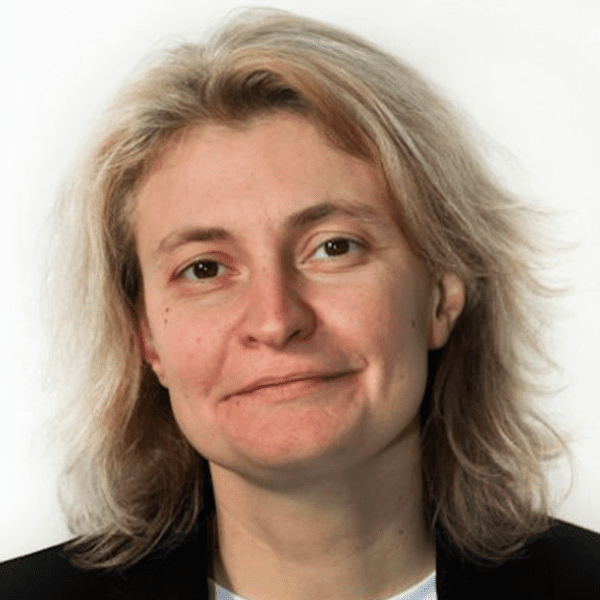
Sylvie Thiébaux
Sylvie Thiébaux is the holder of the ANITI Chair on Automated Planning and a Research Director at the Federal University of Toulouse. Her interests are in planning and scheduling, diagnosis, search, their integration with optimisation, machine learning and verification, and their applications to energy and transport systems. She is coordinating TUPLES and is developing hybrid planning methods that produce solutions that are safe, robust, and generalise to new problems.

Emmanuel Hébrard
Emmanuel Hébrard, is a member of DeepLEVER ANITI Chair and a Researcher at CNRS. His research interests are in various aspects of constraint programming, satisfiability, scheduling, including efficient propagation algorithms, clause learning, parametrised complexity, and robust approaches. In TUPLES he is developing efficient and explainable hybrid methods for planning and scheduling, especially resource-constrained project scheduling.

Karine Arcache
Karine Arcache is TUPLES’ project manager. Responsible for the Horizon Europe project and the “AI for Health” program at ANITI. She manages the follow-up of the TUPLES project, the relations with the partners and the European Commission.
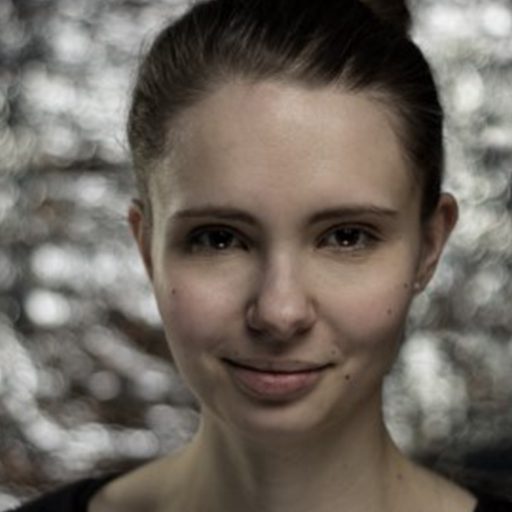
REBECCA EIFLER
Rebecca Eifler is a PhD student working on Plan Explanation in the context of the TUPLES project.
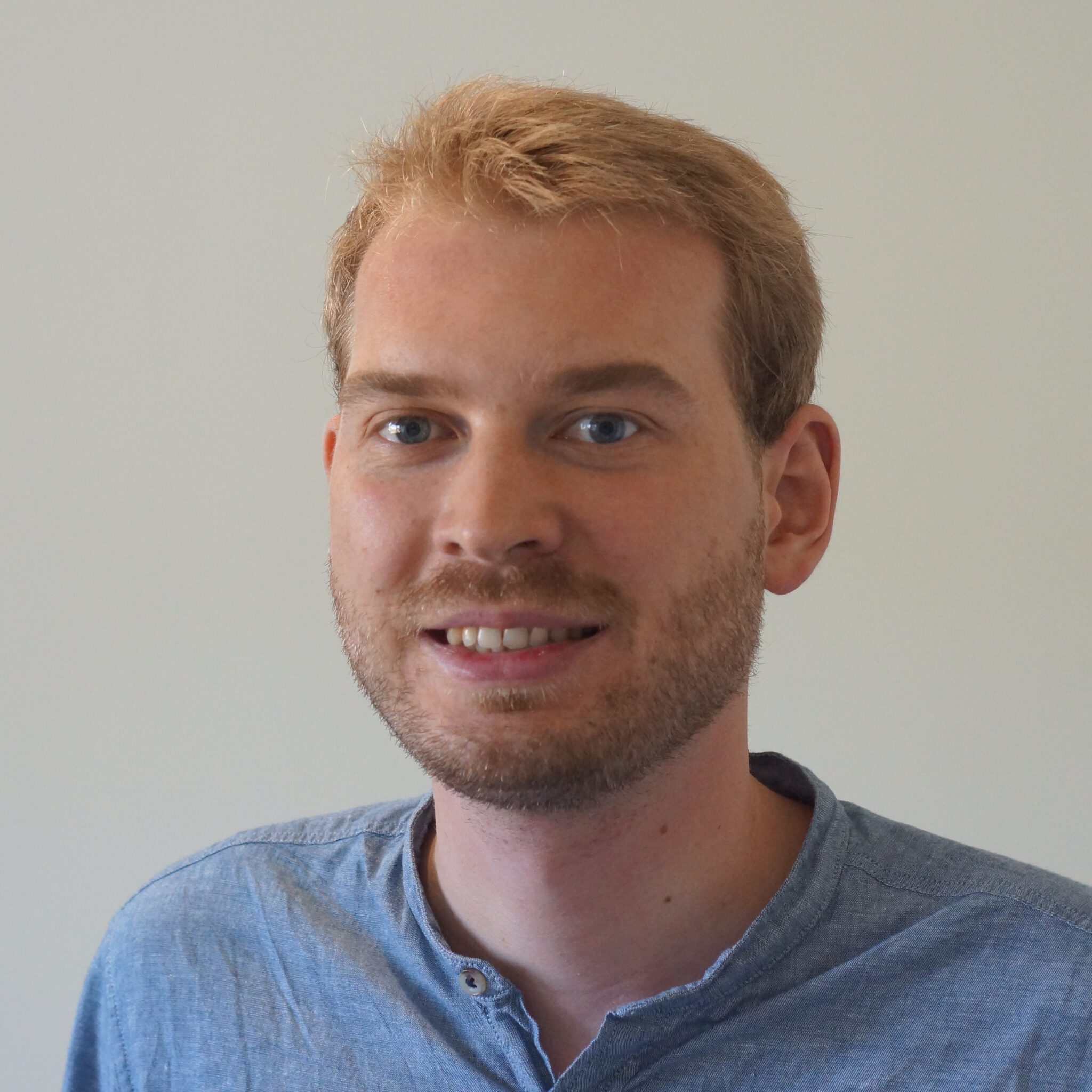
Tim Luchterhand
Tim Luchterhand is a PhD student currently working on hybrid planning and scheduling algorithms for resource constrained project scheduling problems. Hybrid in this context means the combination of classical search based solvers with data driven algorithms such as neural networks.
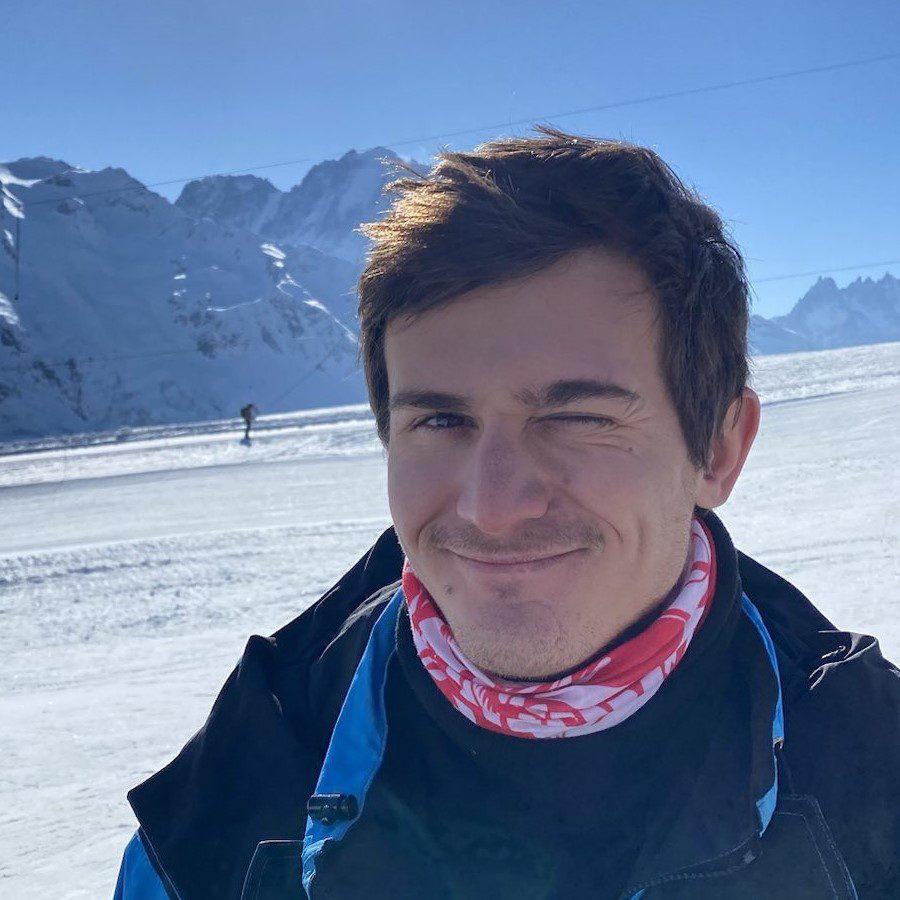
Guilhem Fouilhé
Guilhem Fouilhé is a PhD student supervised by Nicholas Asher, working on explanations in artificial intelligence from an interactive perspective using natural language.
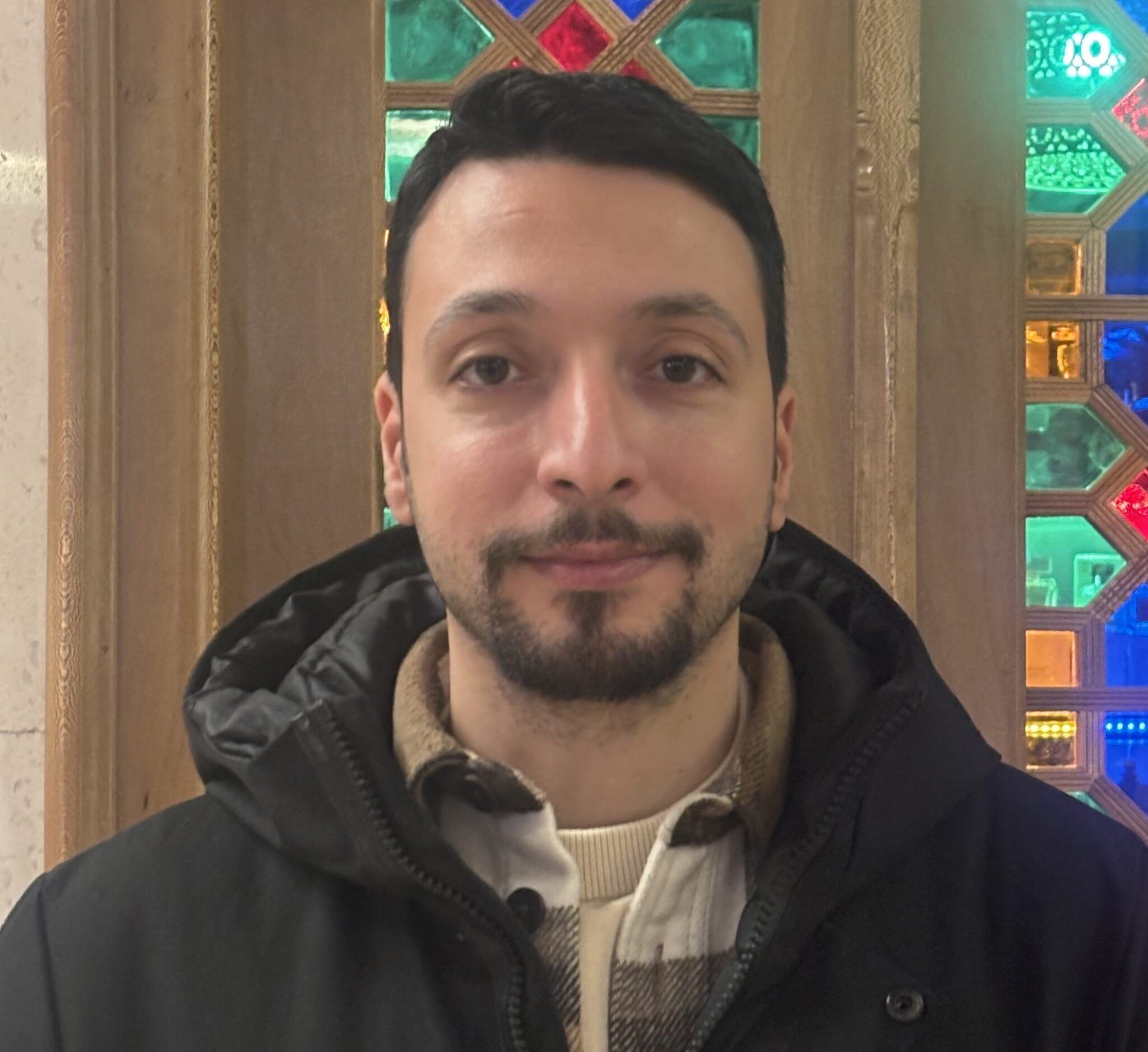
Mahdi Tavassoli Kejani
Mahdi Tavassoli Kejani is a PhD student under the supervision of Prof. Jean-Michel Loubes, working on deep learning models in the context of the TUPLES project.
Marcel Steinmetz
Marcel Steinmetz is a post-doctoral researcher at LAAS-CNRS. He has worked on action policy testing and verification, as well as policy explanations in the context of probabilistic AI planning. He was officially affiliated with TUPLES from September 2023 to January 2024.
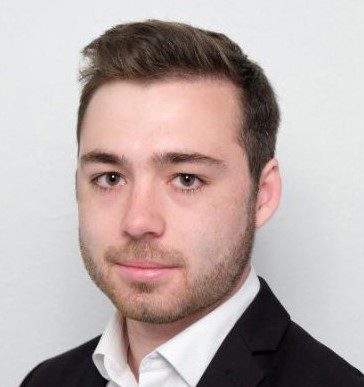
Ronan Pons
Ronan Pons is a PhD student working on artificial intelligence legislation in the European Union. Within TUPLES, he belongs to the ethics team and produces assessments and recommendations on the several use case projects which involved AI systems.
ANITI AT A GLANCE
CVUT
The Czech Technical University in Prague (CVUT) is one of Europe’s largest and oldest technical universities. The university has eight faculties with close to 19,000 currently enrolled students.
The Department of Computer Science is located at the Faculty of Electrical Engineering. With its long history (established in 1964) and more than 100 academics, the department has access to cutting-edge technology that puts it at the forefront of computer science research. The department puts no less emphasis on education by engaging in classes of three study programs and guaranteeing two of them.
The department’s researchers embrace foundational computer science topics such as software engineering, security, and optimization, as well as cross-disciplinary ones like artificial intelligence, machine learning, bioinformatics, or robotics. They approach the topics through fundamental research in the frame of publicly funded projects as well as applied contractual research (e.g., with ŠKODA AUTO, Honeywell, or Red Hat).
The research groups involved in the Tuples project are the Artificial Intelligence Center and Intelligent Data Analysis. Both have vast experience in building complex, large-scale prototypes of software systems in areas ranging from transport system simulation and cyber-attack detection to genomic data analysis.
The Artificial Intelligence Center (AIC) and the Intelligent Data Analysis research group (IDA) from Czech Technical University in Prague will contribute to the project in three ways:
Within work package three, we will strive to apply advanced neural-network architectures in planning and scheduling, namely graph neural networks and lifted relational neural networks. These architectures can process data structured as graphs or, more generally, relational structures.
Such data are ubiquitous in planning and scheduling applications.
We will lead work package five, dealing with the explainability of machine learning techniques developed during the project. In relation to our research work on work package three, we will mainly focus on the explainability of predictions and policies learnt by graph neural networks and lifted relational neural networks.
Finally, we will collaborate with the TUPLES industrial partners to employ our techniques in the use cases where advanced neural network architectures will be applied, e.g., Airbus’ aircraft manufacturing use case.

STEFAN EDELKAMP
Stefan Edelkamp is a full professor at CVUT. His main scientific interest is Algorithmic Intelligence, in particular Heuristic Search, Action Planning, Game Playing, Machine Learning, Motion Planning, Multi-Agent Simulation, Model Checking, External-Memory Algorithms, Parallel and Distributed Computing, Algorithm Engineering, Computational Biology, Decision Diagrams, Priority Queues, Navigation Systems, Network Security, and Intrusion Detection.
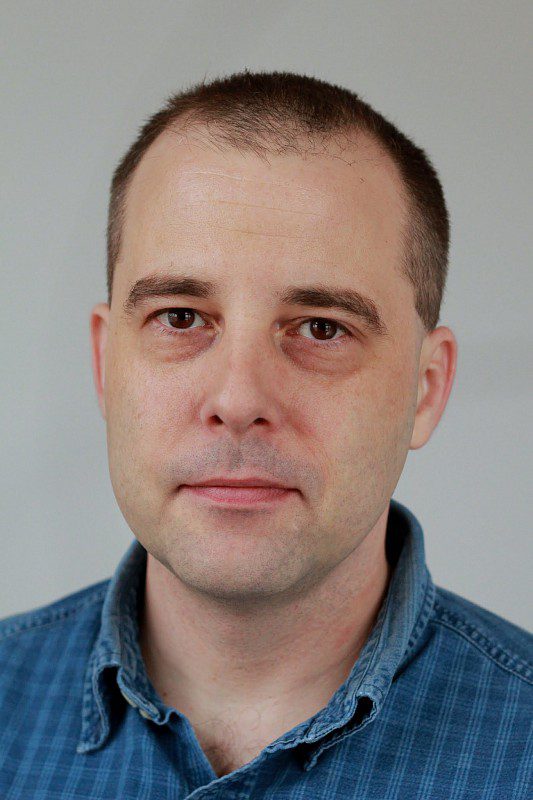
Filip Zelezny
Filip Zelezny is a full professor of computer science at Czech Technical University in Prague and the head of the Intelligent Data Analysis lab.
His research interests include machine learning, especially relational learning, and bioinformatics.
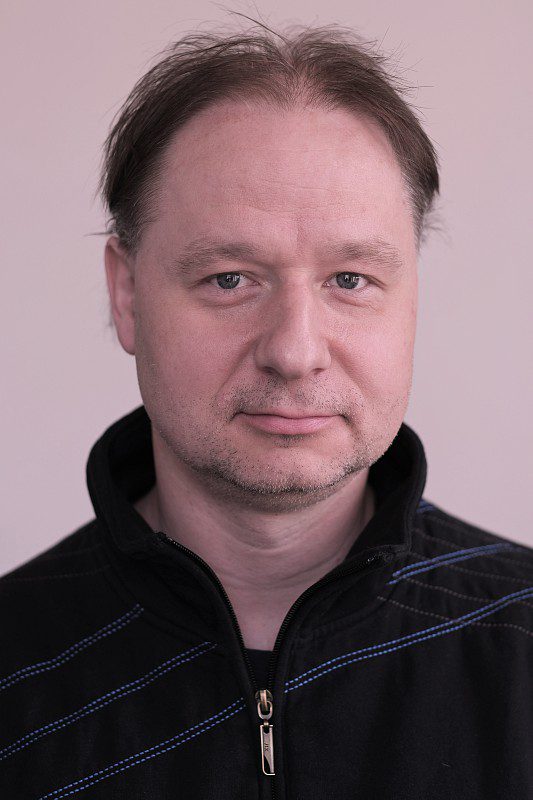
Rostislav Horcik
Rostislav Horcik is a senior researcher in AIC. For several years, he was interested in algebra and logic, mainly applications of algebraic methods in proof theory of non-classical logics. Recently, he started to work on topics within AI, particularly applications of graph neural networks (GNNs) in planning. Due to his logical background, he is familiar with the recent characterization of GNNs’ expressive power via C2 logic.
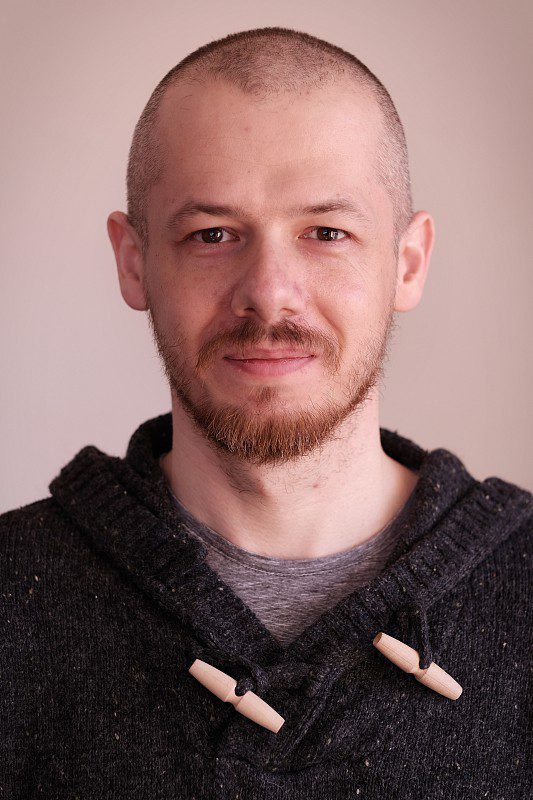
Ondrej Kuzelka
Ondrej Kuzelka is an assistant professor at Czech Technical University in Prague working in the area of artificial intelligence.
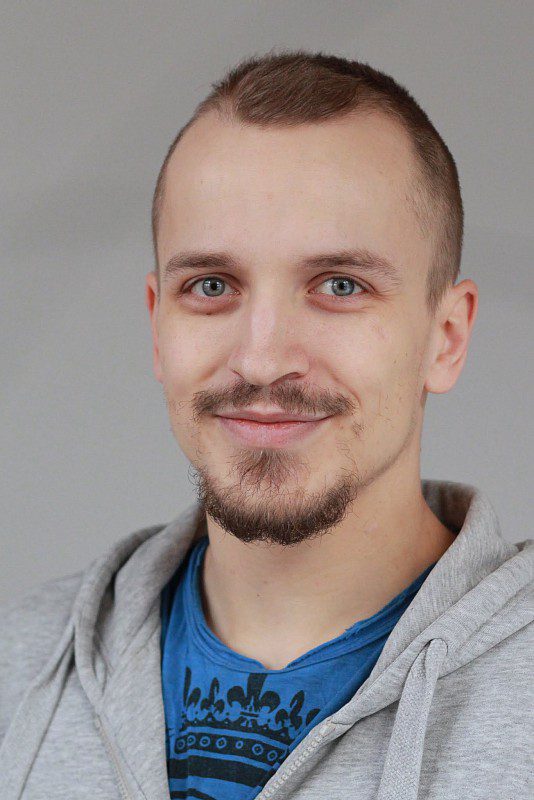
Gustav Sir
Gustav Sir is an assistant professor at Czech Technical University in Prague, with some industry experience, including Google and IBM Research. He works at the intersection of deep learning models and symbolic AI methods.
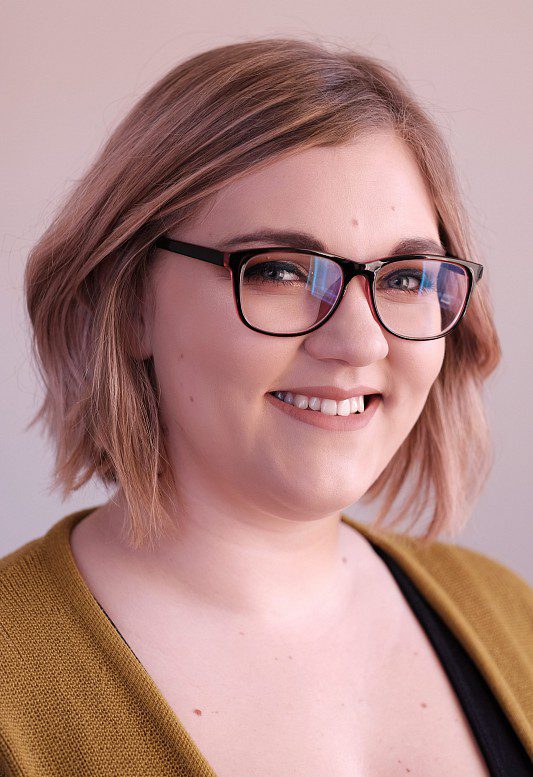
Michaela Urbanovska
Michaela Urbanovska is a PhD student supervised by Antonin Komenda working on applications of neural networks in AI planning. Within the project, she will be working under the supervision of Rostislav Horcik.
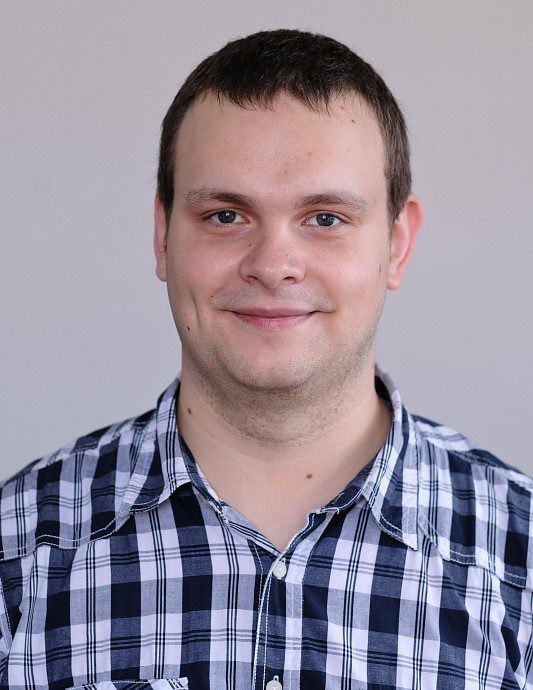
Jan Toth
Jan Toth is a PhD student supervised by Ondrej Kuzelka, working on combinatorial and probabilistic inference.
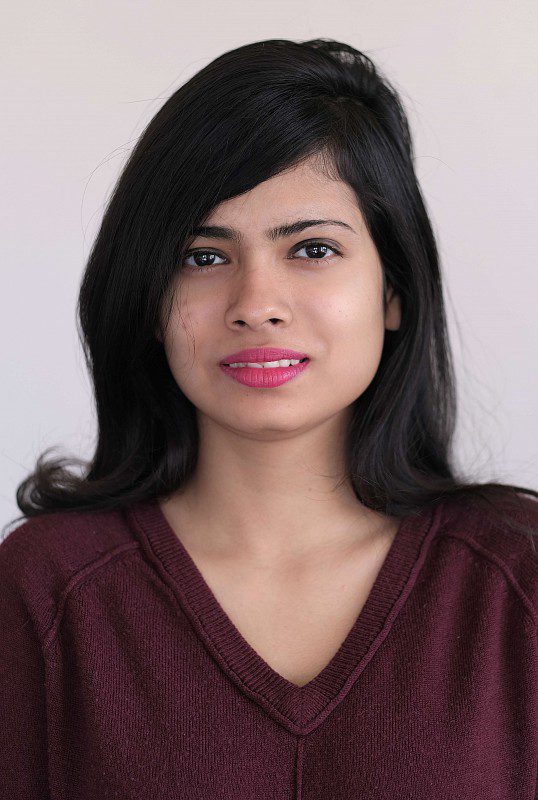
Leah Chrestien
Leah Chrestien is a PhD student supervised by Tomas Pevny, working on applications of neural networks in search algorithms. Within the project, she will be working under the supervision of Rostislav Horcik.
KU Leuven
KU Leuven boasts a rich tradition of education and research that dates back six centuries and is currently the largest university in Belgium in terms of research funding and expenditure and is a charter member of LERU.
KUL is renowned for its pioneering work on hybrid AI, in particular probabilistic programing, statistical relational learning, predictive learning, decision-focussed prediction, and verification of ML systems. KUL also has extensive experience of application domains that are particularly relevant to TUPLES such as sports analytics and logistics.
The Machine Learning Group is part of the Declarative Languages and Artificial Intelligence section in the Department of Computer Science at KU Leuven. The group is represented in the TUPLES project by Prof. Jesse Davis and Prof. Tias Guns.
Prof. Davis research focuses on developing novel artificial intelligence approaches for analyzing structured data and integrating learning and reasoning for tasks with a particular emphasis on designing trustworthy systems. His work on sports analytics has received significant interest and has been covered by media in venues like the Economist, fivethirtyeight.com, The Athletic, ESPN.com, and The New York Times.
Prof. Guns research is at the intersection of machine learning and combinatorial optimisation. Tias’ expertise is in the hybridisation of machine learning systems with constraint solving systems, more specifically building constraint solving systems that reason both on explicit knowledge as well as knowledge learned from data. He is the lead developer of the CPMpy constraint programming and modelling environment and was awarded a prestigious ERC Consolidator Grant on Conversational Human-Aware Technology for Optimisation.
Relevant webpages:
https://people.cs.kuleuven.be/~jesse.davis/
https://people.cs.kuleuven.be/~tias.guns/
https://dtai.cs.kuleuven.be
https://dtai.cs.kuleuven.be/sports/
KU Leuven Website
The ML (Machine Learning) group contains six professors, one IOF research manager, one research manager and around 10 post-docs and over 50 doctoral students.
The ML group is internationally renowned for its pioneering work on hybrid AI, in particular probabilistic programing, statistical relational learning, predictive learning, decision-focused learning, and verification of ML systems.
Beyond its fundamental work, the group applies the developed techniques to concrete cases situated in sports analytics, anomaly detection, predictive maintenance, logistics, etc.
The group’s faculty is actively involved in the international research community (e.g., program chair ECML/PKDD, IJCAI, editor Machine Learning Journal, steering committee member of ACP, ECMLPKDD,…).
The ML group at KU Leuven will contribute to this project three main ways:
First, is serving as the lead for Workpackage 3 that focuses on developing hybrid methods for planning and scheduling. This workpackage will leverage Prof. Tias Guns’ expertise on constraint solving, neuro-symbolic AI, and predict+optimize techniques in the context of planning and scheduling.
Second, will contribute to development of novel techniques for verifying robustness and safety within planning and scheduling. This will build off Prof. Davis’ work on verification approaches for decision tree ensembles.
Finally, will collaborate with the TUPLES’ industrial partners on several real-world use cases. KU Leuven will continue the long-running collaboration with SciSports by bringing the University strong background in soccer analytics, including applications of verification (see link ), to bear on the sports use case.
KU Leuven will also collaborate with Airbus on explanation techniques for scheduling, and prediction+optimisation techniques for the challenging waste collection routing problems of Optit.

Jesse Davis
Jesse Davis is a professor in the Department of Computer Science at KU Leuven. His research Interests include analyzing structured data and integrating learning and reasoning. His work on sports analytics is well known and frequently featured in the media. He a cofounder of the spinoff runeasi.
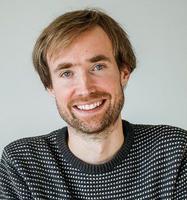
Tias Guns
Tias Guns is professor in Artificial Intelligence at KU Leuven, Belgium. His research is at the intersection of machine learning and combinatorial optimisation, including decision-focussed learning and constraint learning.

Lorenzo Cascioli
Lorenzo Cascioli is a PhD student in the Department of Computer Science at KU Leuven, under the supervision of Prof. Jesse Davis. He works on verification techniques for tree ensemble methods, often applying the ongoing research to problems arising in sports.
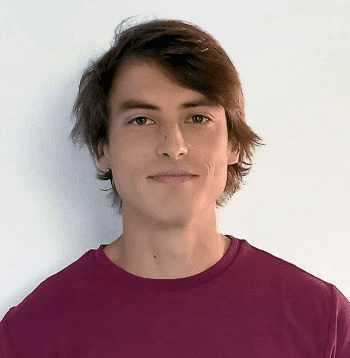
Laurens Devos
Laurens Devos is a Ph.D. candidate in the DTAI lab at the KU Leuven under the supervision of Professor Jesse Davis. His research interest are in scalable and verifiable machine learning systems.
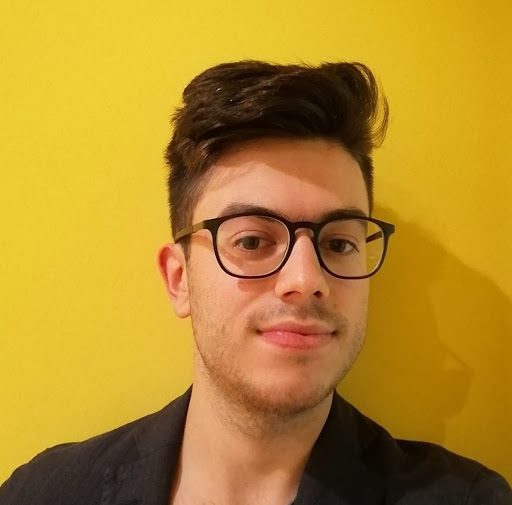
Marco Foschini
Marco Foschini is a PhD student at the University of KU Leuven, specifically in the DTAI section. Supervised by Tias Gun, his main research interests are explanations in combinatorial optimization and decision-focused learning.
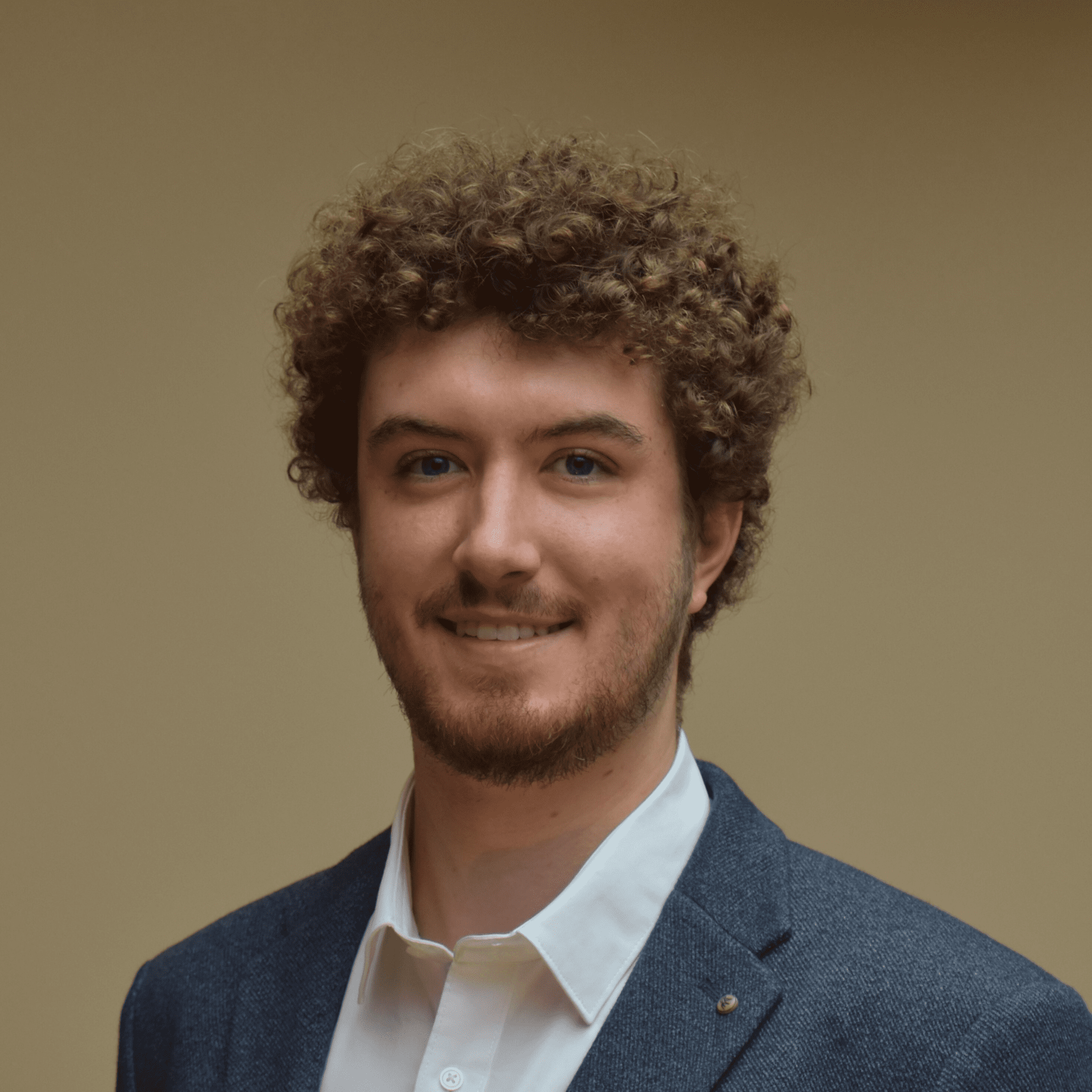
Thomas Sergeys
Thomas Sergeys is a researcher in the Department of Computer Science at KU Leuven, working under Tias Guns. He works on real-world combinatorial optimisation problems; modelling, solving and explaining the solutions by leveraging methodologies devised within the research group.
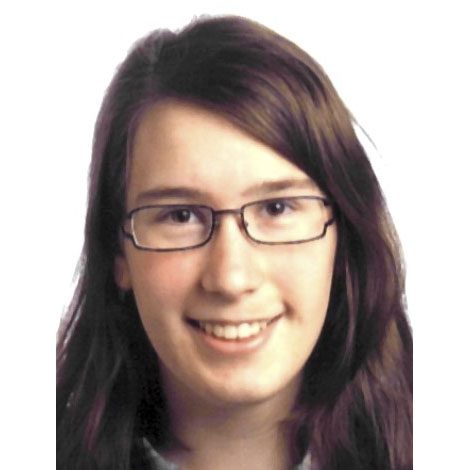
Hélène Verhaeghe
Hélène Verhaeghe was a post-doctorate researcher in the DTAI lab at KULeuven within the team of Professor Tias Guns. Her research interests are optimization (constraint programming), scheduling, and hybridization between machine learning techniques and optimization techniques. She was in TUPLES until october 2024.
Saarland University
Saarland University (Universität des Saarlandes – UdS) is one of the leading sites for Computer Science (CS) in Germany (with 2 of the 3 CS Max-Plank Institutes, and the new Cispa Helmholtz center for information security). It is also one of the world’s foremost institutions in automated planning, covering many aspects including classical planning, planning under uncertainty, the integration of planning and learning, and the verification and explanation of plans.
The Foundations of Artificial Intelligence (FAI) Group is part of the Saarland Informatics Campus at Saarland University.
Most work of FAI is concerned with complex decision-making problems, specifically planning problems (also known as sequential decision making), where an agent must decide how to act in an environment so as to achieve its goals.
FAI is mostly considering general AI planning problems where the agent must have generic decision-making capabilities, not specialized to a particular domain. In the last few years, FAI is increasingly focusing on neural networks and reinforcement learning, specifically their combination with symbolic methods to various forms of neuro-symbolic AI. One aspect FAI is especially interested in are techniques to achieve Trusted AI, like e.g. explanations of the generated behavior.
Saarland University website
The Foundations of Artificial Intelligence (FAI) group from Saarland University will contribute to the project in three ways:
- The group leads work package 4 which aims at increasing trust in a policy by providing safety and robustness guarantees in plans and schedules based on the policies. The former actively searches for situations where the policy acts in an inappropriate way, the latter provides formal proof of certain properties of a policy.
- The FAI group contributes to work package 5, which aims at providing trust via explanations of policy-based behavior. Here we provide techniques to explain action sequences that were generated based on learned policies.
- We will collaborate with our industry partners to employ our techniques for testing, verifying, and explaining policy behavior in the respective scenarios, e.g. Airbus’ single-pilot aircraft operation use case.

Jörg Hoffmann
Jörg Hoffmann is a Professor of Computer Science at Saarland University and head of the Foundations of AI Group. He is well known for his work on classical planning, as well as applications such as model-based security testing and semantic web service composition. He has recently become interested in the role of neural networks in planning, and is in particular investigating methods for gaining trust in neural action policies.
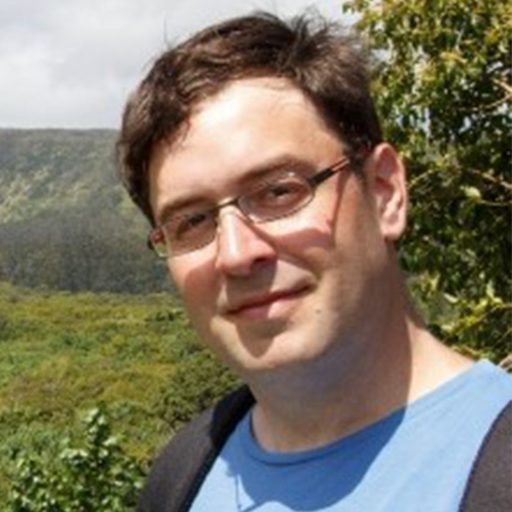
Daniel Höller
Daniel Höller is research associate in the Foundations of AI Group at Saarland University. While his research was so far mainly concerned with the theoretical expressivity of planning formalisms and with solving techniques for lifted classical planning and hierarchical planning, he recently started working on approaches combining neural and symbolic models.
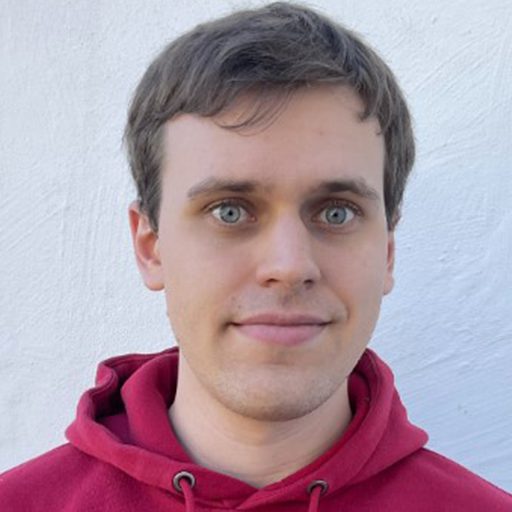
Jan Eisenhut
Jan Eisenhut is PhD student supervised by Prof. Hoffmann working on Policy Testing in the context of of the TUPLES project.
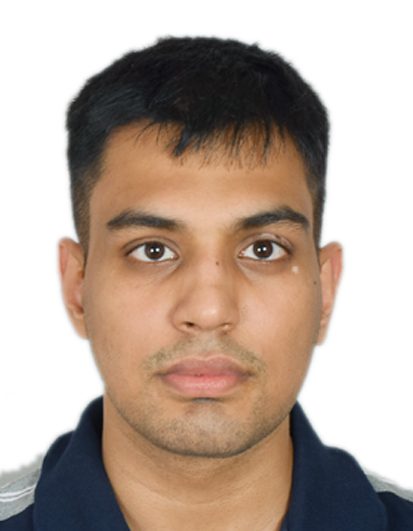
Chaahat Jain
Chaahat Jain is a PhD student supervised by Prof. Hoffmann, working on the verification of action policies represented by tree ensembles in the context of of the TUPLES project.
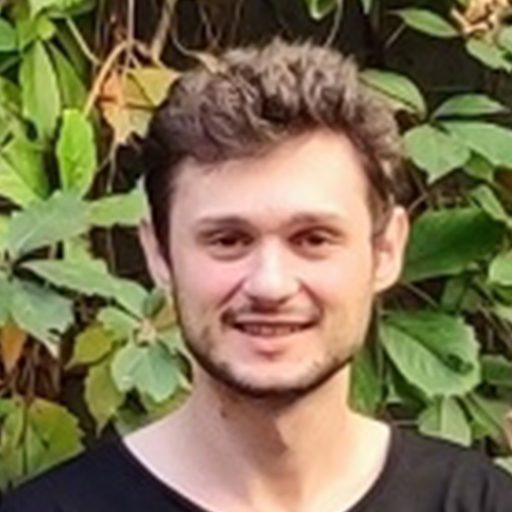
Marcel Vinzent
Marcel Vinzent is PhD student supervised by Prof. Hoffmann working on the verification of neural action policies.
He was in TUPLES from October 2022 until September 2023.
Unibo
The Alma Mater Studiorum – Università di Bologna (UNIBO) was founded in 1088 and is considered the oldest university in the western world. Today, UNIBO is one of the most important universities in Europe and the second-largest university in Italy.
UNIBO is organised in a multi-campus structure with 5 campuses and also has a permanent headquarters in Buenos Aires since 1998: 11 schools, 33 departments, 12 research and innovation centres and more than 84,000 students.
Thanks to its research teams, support staff, and network of relationships with academia, industry, civil society and the region, the University of Bologna has participated in Horizon 2020, achieving remarkable results: more than 300 funded projects, over 140 million euros in European funding and a network of more than 2,700 partners.
Unibo website
UNIBO research groups participating in TUPLES belong to the Department of Computer Science and Engineering (UNIBO-DISI), the Department of Electrical, Electronic, and Information Engineering (UNIBO-DEI), and the Department of Psychology (UNIBO-PSI).
The DISI and DEI group are among the top labs in Europe for constraints and optimisation, especially optimisation methods combining heterogeneous techniques and their applications to routing, scheduling and logistics. This includes a longstanding expertise on the integration of machine Learning and combinatorial optimisation. The group will work on new methods for sequential decision making via the integration of Machine Learning and Optimization, approaches for robust optimization and for the verification of ML systems, benchmarks for controlled experiments, and finally direct contributions to some of the project use cases.
The team of UNIBO-PSI with a strong background in industrial and organisational psychology, human factors and cognitive psychology aims to extend the transdisciplinarity of the TUPLES project. The team will focus on the importance of trust-enhancing processes and factors when interacting with AI/ML planning and scheduling systems. The team will contribute to the development of metrics and protocols to assess and monitor the trustworthiness of the developed P&S systems, also taking into account the needs and opinions of workers and stakeholders. Activities will address issues such as the diversity of users with different needs and expertise, the psychological processes of human and collaborative decision-making under uncertainty or in emergencies, and the need to monitor mental workload and provide strategies to inform and advise workers about changes.

Michela Milano
Michela Milano is full Professor of Artificial Intelligence at DISI – University of Bologna since 2016. She has held positions in several AI associations including EurAI and AAAI. Her research focuses on AI, particularly decision support and optimization systems. She is Editor in Chief of the Constraints Journal and a member of the ACM Computing Surveys Editorial Board. She has over 170 publications and has coordinated numerous projects. In 2016, she received the Google Faculty Research Award for using deep networks in combinatorial optimization.
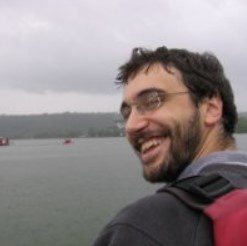
Michele Lombardi
Michele Lombardi is an associate professor at DISI, University of Bologna since October 2021, within the Artificial Intelligence group. His research activity is related to the integration of Optimization and Artificial Intelligence techniques, with an emphasis on Machine Learning, Constraint

Daniele Vigo
Daniele Vigo is Professor of Operations Research at the Department of Electrical, Electronic and Information Engineering of the University of Bologna. He is interested in the design of innovative algorithms for the solution of difficult decision and optimization problems arising in several applications fields ranging from Logistics to Energy Production and to Smart Cities.
He is author of about 150 scientific papers and some books. He was president of the Italian OR society and is coordinator of the EURO working group on Vehicle Routing and Logistics optimization.
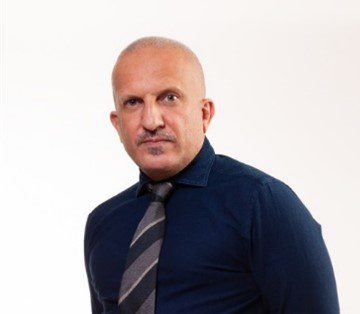
Luca Pierantoni
Luca Pierantoni is a Full Professor at the University of Bologna, where he coordinates the project H-WORK.
His main researches, published in various international academic journals, include human factors, human-machine interface, and interventions on health and safety in organizations.
He is currently focusing on AI explainability and transparency, specifically contributing to designing transparent and understandable AI systems for human users.
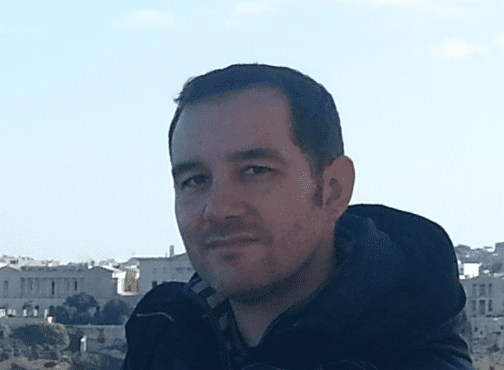
Michele Monaci
Michele Monaci is Full Professor of Operations Research at the University of Bologna.
His main research focus is on combinatorial optimization, with special emphasis on mixed integer programming, bilevel optimization and robust optimization.
He has been involved in many research and industrial projects on cutting & packing, energy optimization, and railways applications.
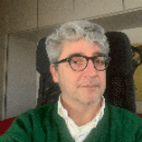
Maurizio Codispoti
Maurizio Codispoti, is a full professor of General Psychology at the University of Bologna since 2012. In recent years, his research group has examined topics such as the role of emotions in attentional processes, the effects of repetition in the processing of natural scenes, the role of motivational systems in perceptual and memory processes, the perception of emotional stimuli over the lifespan, and the cortical and peripheral changes that characterize the orienting response to meaningful stimuli.
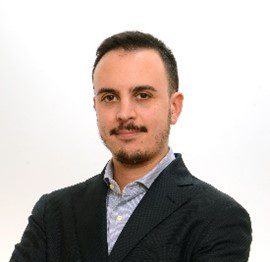
Federico Fraboni
Federico Fraboni, is currently a researcher in the Human Factors Risk and Safety research unit of the University of Bologna. His work focuses on understanding how human-machine interaction can be used to design more effective and safer human-AI systems. His expertise in risky behaviours in high-risk organizations is applied to identify and mitigate potential risks in AI systems, such as unintended consequences or malicious use of the technology.

Andrea De Cesarei
Andrea De Cesarei is Full Professor at the Department of Psychology. His main research interests are in the areas of perception and emotions, and categorization of natural scenes. The methods used include cognitive electrophysiology, behavioral studies, and artificial modeling of vision. He is currently focusing on the use of visual information for perceptual decision making by humans and AI systems.
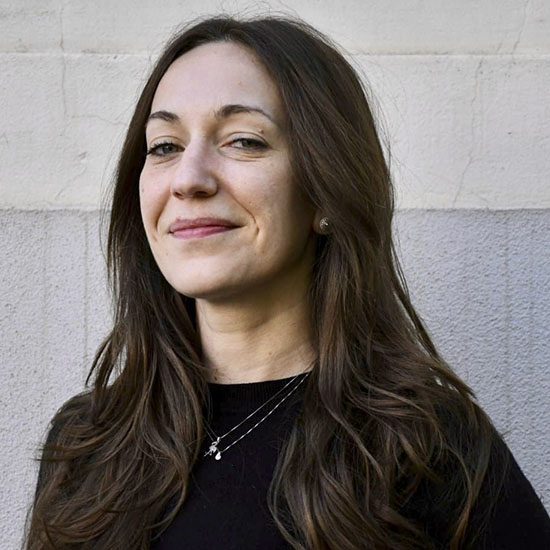
Sofia Morandini
Sofia Morandini is an Industrial-Organizational Psychologist with a master’s degree from the University of Verona. She is currently a Research Fellow at the University of Bologna, member of the Human Factor, Risk, and Safety Research Unit. Her research primarily focuses on the exploration of human factors, ergonomics, and workplace safety. She is also actively involved in European projects, focusing on Human-Robot Collaboration and Human-AI Interaction, with the aim of optimizing user experience and ensuring system usability. Additionally, she has a keen interest in the explainability of AI systems and cobots.
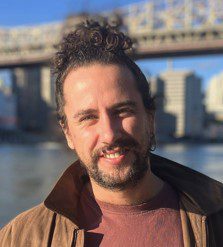
Matteo Francobaldi
Matteo Francobaldi is a PhD candidate in Artificial Intelligence at University of Bologna, currently spending an 8-month visiting period at Cornell Tech in New York City.
His research activity lies at the intersection between Mathematical Optimization and Machine Learning, and aims at designing hybrid methodologies to improve the trustworthiness, safety and fairness of the state-of-the-art AI systems.
Airbus
Airbus is an international pioneer in the aerospace industry and Europe’s main commercial aircraft manufacturer. Airbus aims to be the first to offer a zero-emission commercial aircraft by 2035 and is working on ZEROe concept aircraft powered by hydrogen.
Headquartered in Toulouse, Airbus is a global leader in aeronautics, space and related services.
• Operates in more than 180 locations worldwide with 131.349 employees
• has two Divisions: Airbus Helicopters and Airbus Defence and Space.
• maintains a presence on every continent.
The AI Research team within Airbus has substantial experience in research, development and demonstration of innovative solutions to scheduling problems (airline fleet management, satellite operation scheduling, flight test scheduling, manufacturing task scheduling), planning problems (aircraft 4D flight planning, taxiing path planning, manufacturing robot configuration and path planning), explainable scheduling and reinforcement learning (manufacturing applications), and robustness, safety and certification in machine learning (image applications mainly).
Airbus website
Airbus has been already working in trustworthy AI planning from some years ago and has earned a high degree of expertise on it. The Airbus team will support the TUPLES project with direct involvement of part of its AI research team. The company has also developed and released the scikit-decide library which TUPLES will build on and extend.
Airbus members involved in the project are Nahum Alvarez, Guillaume Poveda and Florent Teichteil-Koenigsbuch (P&S, RL) from Toulouse, France, as well as Santiago Quintana Amate, Mark Hall, and Alistair Nottle (explainable AI) from associated partner Airbus Operations Ltd in Bristol, UK.
A very important contribution will be to provide its business knowledge for two of the use cases for TUPLES in manufacturing and pilot operations, leading the work package dedicate to use cases and evaluation (WP6) and also contributing to WP 4 and 5, and in less amount to WP3.

Guillaume Povéda
Guillaume Povéda is a research engineer in Airbus Central Research Technology. After an aerospace engineering school, and a research degree in operational research, Guillaume has been working for Airbus in various topics involving sequential decision making and scheduling topics. Guillaume has used a wide range of techniques to solve complex problems, from classical optimisation techniques to more learning approaches. Guillaume has been in ANITI since 2021 working notably with LAAS and IRIT best in class academics on complex scheduling topics.
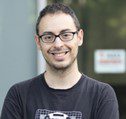
Nahum Alvarez
Nahum Alvarez is a senior data scientist and research project leader at Airbus Central Research & Technology. He got his PhD in AI for virtual environments in Japan at the National Institute of Informatics and his research topics are mainly related to reinforcement learning and its many applications, from multiagent simulators to robotics. He participates in TUPLES supporting the industrial use cases of the project, and as the point of contact at Airbus side for communication and data management.

Florent Teichteil-Koenigsbuch
Florent Teichteil-Koenigsbuch graduated got a PhD in Artificial Intelligence from the University of Toulouse and SUPAERO in 2005. After having worked in ONERA as a research scientist in Robotics and Artificial Intelligence from 2005 to 2015, he has been working in Airbus Central Research & Technology as a senior data scientist and research project leader on decision-making and combinatorial optimisation topics. He has published several conference and journal papers on AI decision making and autonomous robotics. He is collaborating with ANITI on combinatorial optimisation topics, and is also coordinating the use case and demonstration work package of TUPLES.

Santiago Quintana-Amate
Santiago Quintana-Amate is a research data scientist working at Airbus Central Research and technology since 2011.
His background is in mechanical engineering and Artificial Intelligence.
He got his PhD in Machine Learning and Knowledge Based Systems at Cranfield University (UK) in 2015.
He has been working for the last five years on projects in the area of Explainable Machine Learning.
Mark Hall
Mark Hall is an AI scientist and project leader at Airbus Central Research & Technology.
Mark undertook his doctorate at the University of Bristol in the UK, and has experience in a wide area of technical topics and industrial use cases.
Within TUPLES, Mark undertakes research within Airbus in the area of Explainable AI, whilst also developing use cases for AI decision-making applications.

Alistair Nottle
Alistair Nottle is an experienced industrial researcher, having spent 15 years developing AI and machine learning approaches for Airbus. His current research interests are focussed on making AI more Trustworthy, particularly with regards to Explainable AI, as well as Human Centred AI systems. Past research has included: human activity classification, psycho-physical loading, adaptive contextual display systems, and automated physiological monitoring. Alistair also has interests in Systems Administration and Software Engineering for AI Applications.
SciSports
Founded in 2013, SciSports is one of the fastest growing sports analytics companies in the world and a leading provider of football data intelligence to over 100 professional football organisations worldwide ranging from clubs, leagues, federations, agencies and media & entertainment companies. Our industry-leading product suite enables sports professionals to make better-informed decisions and achieve their goals in scouting and performance analysis every single day. The SciSports team consists of specialists in artificial intelligence, data analytics and data scouting.
Relevant webpages:
https://www.scisports.com/about-us/
https://www.scisports.com/services/
https://www.scisports.com/track-record/
https://analytics.scisports.com/home/home
SciSports website
SciSports will contribute its expertise in extracting actionable insights from (football) data, translating real-world challenges into research problems and explaining complex solutions to end-users to the project. It will support the TUPLES project with involvement from members from its Data Science with a total of 28.5 person-months.
SciSports will lead both the Football Squad Management’s use case and the consortium’s Data Management. Besides, Floris Goes takes part in the TUPLES MT as Innovation Manager.
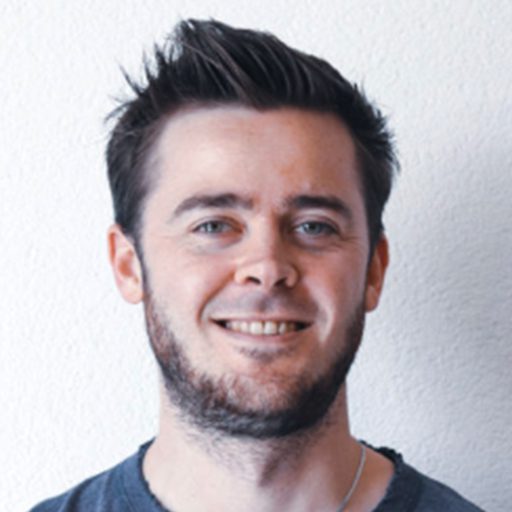
Floris Goes
With a MSc in Sports Science from VU Amsterdam, Floris started out as an embedded scientist being part of the staff of high performance teams in various sports, before developing into a data scientist during a 4-year PhD on sport data science in professional football. His academic work revolves around tactical analysis using tracking data, complex dynamical systems in football, and decision-making analysis, while his technical expertise is in the areas of data and feature engineering, architecture and Azure.
Optit
Founded in 2007 as a spin off of the Operations Research (OR) team of the University of Bologna, Optit develops innovative Decision Support Systems that leverage on forecasting, data analytics, machine learning, simulation and optimization techniques and Artificial Intelligence at large.
The company currently employs more than forty young talents, based in Bologna and Cesena, integrating mathematical and modeling experts, data scientists, a full stack software development factory made of 4 agile teams and numerous business and management consultants with specific expertise in project and change management as well as specific know-how in the main vertical markets.
The Company operates in various industries, with a distinctive offering in transportation and logistics, energy, and environmental services, acting as digital innovation partner for many important enterprises, utilities and industrial players in Italy and abroad. It also participates as WP leader in numerous EU funded projects, mostly in the Energy sector (UpgradeDH https://www.upgrade-dh.eu/en/home/ and PlaMES https://plames.eu/) and industrial retrofitting of Resource and Energy Intensive Industries (Retrofeed), aiming to leverage on digitalisation and analytics to support decarbonisation and circular economy advancements.
Optit is one of the founders of the EURO Forum on Practice of Operations Research https://www.euro-online.org/websites/or-in-practice/ and manages several collaborations with universities and research institutes at national and international level to transfer know-how into the markets, fostering operational excellence and effective decision making, transforming data into tangible economic value (as well as environmental and societal benefits).
Optit website
Optit contributes in the TUPLES project providing 2 use cases, one in energy and one in waste management, based on more than 10 years of experience in each field. The academic partners, based on the current approaches and methodologies implemented by Optit, will explore new means to improve performance and capacity to comply with Trustworthy AI guidelines (with a particular focus on robustness and explainability, that represent ongoing challenges to ensure adoption by the end users)
In addition, Optit is Work Package leader for WP7, to manage Dissemination and Communication for the whole consortium, as well as the development of the guidelines and tool for self-assessment of Trustworthy AI, that is expected to be one of the long term exploitable results.
Optit team includes a diverse mix of resources, to ensure scientific, SW engineer and data science skills and perspectives are factored in the TUPLES project

Matteo Pozzi
Matteo Pozzi is partner and the CEO of Optit since 2010, following a MSci in Physics, a Diploma in International Relations, and 15 years of management consulting in Italy and the UK. Matteo will bring his entrepreneurial experience to the TUPLES project, to ensure an effective market transfer strategy is implemented, with particular focus on exploitation.

Fabio Lombardi
Fabio Lombardi is one of Optit’s partners and the CIO of the company. Following his Degree in Computer Engineering, he joined Optit, where he became responsible for the Software Application Factory based in Cesena. Together with overall management of the SW development lifecycle and technology, Fabio is one of the key resources in defining the solution investment strategies, which may see in the TUPLES project a significant contribution to enhance and improve current approaches.
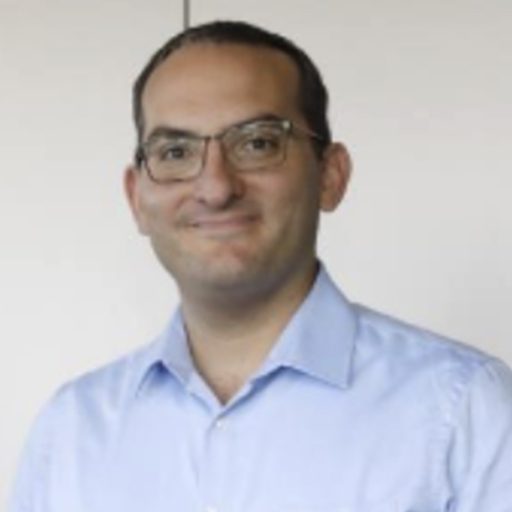
Angelo Gordini
Angelo Gordini has designed and coordinated the implementation of several Optit’s decision support systems in the District Energy industry. Reporting directly to the CEO, he is in charge of the EU (and other special) projects management, including TUPLES.

Andrea Bettinelli
Andrea Bettinelli PhD in Operations Research, following an M.Sci in Computer Science, is currently the Head of the Operations Research team in Optit, the most distinctive element in the offering of the company on the markets. Experienced modeller and algorithm developer, Andrea will ensure a strong scientific counterpart to TUPLES academic partners, ensuring that original content developed during the project can inform prospective future practical applications and investments.

Simone Graziani
Simone Graziani PhD in Data Science, following an M.Sci in Computer ENgineering, SImone coordinates the Data Science team in Optit, ensuring that data driven approaches can complement model based methodologies (managed by the OR team) to contribute to state-of-the-art DSS development, working jointly with Andrea Bettinelli as part of the know-how transfer from (and to) TUPLES research teams.

Michela Mattei
Michela Mattei has been Lead Communication Manager of Optit since 2021. She has twenty years of experience as a communication and marketing specialist. Michela witnessed the web portals gold rush, known a world without social media but remains very interested about tech novelties and therefore is totally curious about AI. In TUPLES she is in charge WP7, Dissemination and Communication activities.
